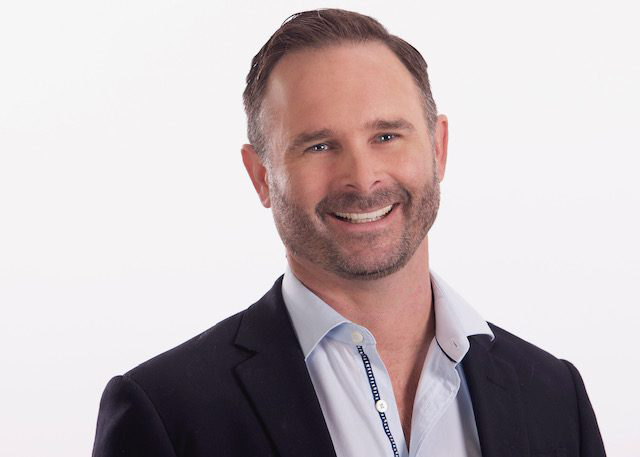Balancing work and recovery doesn’t have to be impossible or daunting. In fact, there are plenty of programs, support groups, and even coping skills you can do to help you find the perfect balance between work and recovery. If you’re new to addiction recovery or have struggled to juggle work, school, family, and recovery before, here are some tips to help you get started.
Start With Abstinence
The first step in balancing work and recovery is to start with abstinence and detoxification. Continued drug use not only worsens your physical and mental health, but also makes it more difficult to manage work responsibilities.
The first step towards achieving balance is to seek help and go through a detoxification process. This will help you get rid of harmful substances in your body and give you a fresh start to work on maintaining your recovery while also managing work. While some people can safely detox with the help of a medical professional at home, others may need to go through a medically-assisted detox process in a hospital or rehabilitation facility.
If you’re worried about detoxing while at work, here are some possible solutions:
- Use any leave hours available to use during detox. This can be either annual leave or sick leave hours.
- Consider using FMLA, or the Family and Medical Leave Act, which allows employees to leave for medical reasons including substance abuse treatment. This can give you the time and space you need to focus on your detox and recovery.
- Talk to your employer about possibly working from home or having more work flexibility during this time period. This can also give you the flexibility and support you need while detoxing.
Remember, balancing work and recovery can only be possible if you stay abstinent from drugs and alcohol. If you’ve never done this before, detox will be a critical first step.
When Balancing Work and Recovery, Prioritize Recovery
Balancing your recovery is easier said than done. However, you can successfully do both while maintaining a full-time job. While it’s important to prioritize your job and excel in your career, prioritizing your recovery should always come first.
Once you have completed detox and are able to return to work, it’s important to continue prioritizing your recovery while also maintaining a successful career. This can include:
Setting Boundaries at Work
Both chronic stress and highly stressful situations are linked to addiction and relapse. Remember, this is a vulnerable time for you, so it’s important to set boundaries and prioritize your mental and emotional well-being. This may mean saying no to extra work or taking time off when needed.
Be honest with yourself and your employer. If you feel a certain work task or environment is triggering for you, communicate this and try to find a solution that works for both you and your employer.
Taking Breaks
Burnout is a common issue for those balancing recovery and a job. Not only can work be stressful, but when combined with the hard work of therapy, support groups, and medication management, it can be overwhelming.
It’s important to schedule regular breaks and adhere to them. This could mean taking a short walk outside, practicing deep breathing exercises, or simply stepping away from your desk for a few minutes to give your mind a rest.
Additionally, try to incorporate self-care activities into your breaks. This could be listening to calming music, journaling, or doing some light stretching or yoga. These activities can help reduce stress and promote relaxation during your workday.
Have a Strong Support System
Whether you enroll in outpatient treatment, attend support groups, or simply have a group of friends and family who are understanding and supportive, having a strong support system can make all the difference in balancing work and recovery. These support systems can give you an outlet that makes it easier to focus on work and have a safe space for recovery.
While you might not be able to rely on your employer for a support system, there are other options such as:
- Aftercare services: If you’ve already completed inpatient treatment and are transitioning back to work, aftercare services can provide continued support and guidance. Having access to emergency support and therapy sessions can be helpful during the transition period.
- Online support groups: If you’re unable to attend in-person support groups due to work constraints, many online communities and forums offer a sense of community and understanding for those in recovery. AA, NA, and SMART recovery are some of the many groups available both in person and online.
- Peer support programs: Having a dedicated sober sponsor or peer who has gone through a similar journey can be immensely helpful in maintaining sobriety. These programs provide a sense of accountability, understanding, and support that can greatly benefit those in recovery. Your sponsor can also share ideas on how to balance work and recovery just like they have.
Explore Recovery Options Today
While the road to sobriety can be difficult, it isn’t impossible, even if you have a full-time job, school, or family. At SEE Purpose Center for Addiction Treatment, we want to help you navigate the journey to recovery and find balance in your life. Our programs offer a holistic approach, incorporating therapy, 12-step programs, individualized care, aftercare support groups and counseling, and so much more. For those looking for top-tier addiction treatment in Bloomfield, IN, we’re here to help! Give us a call today.




